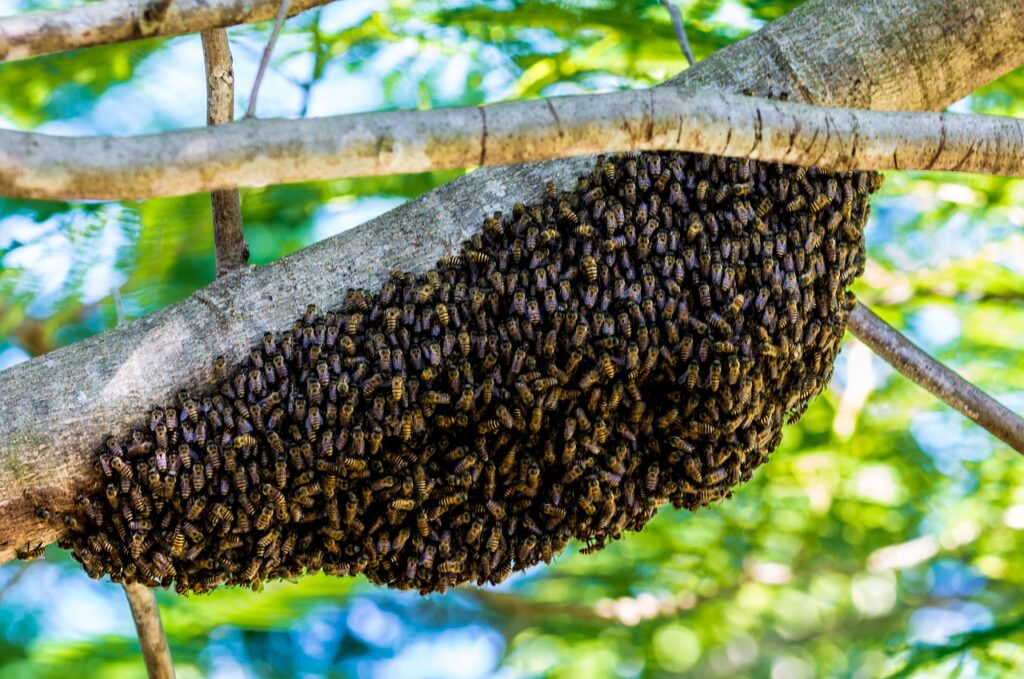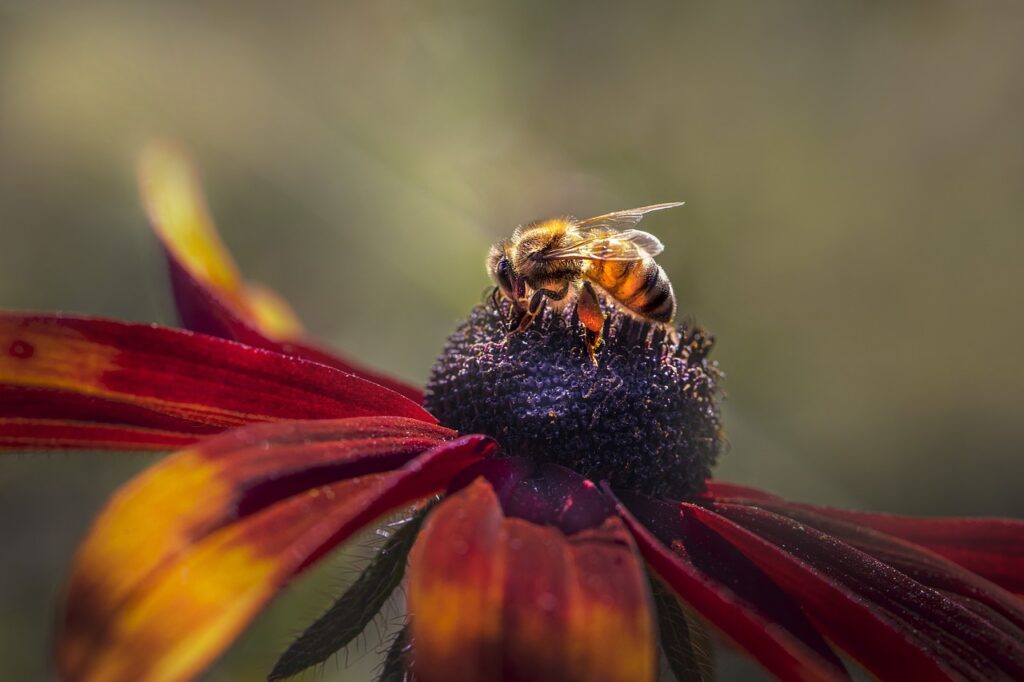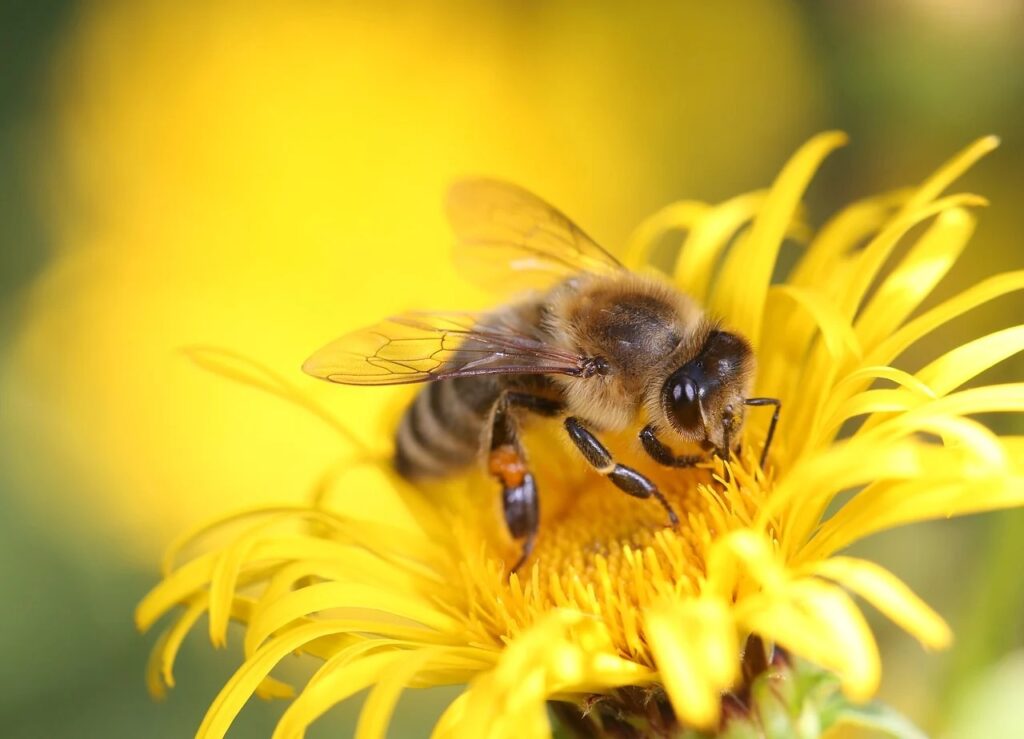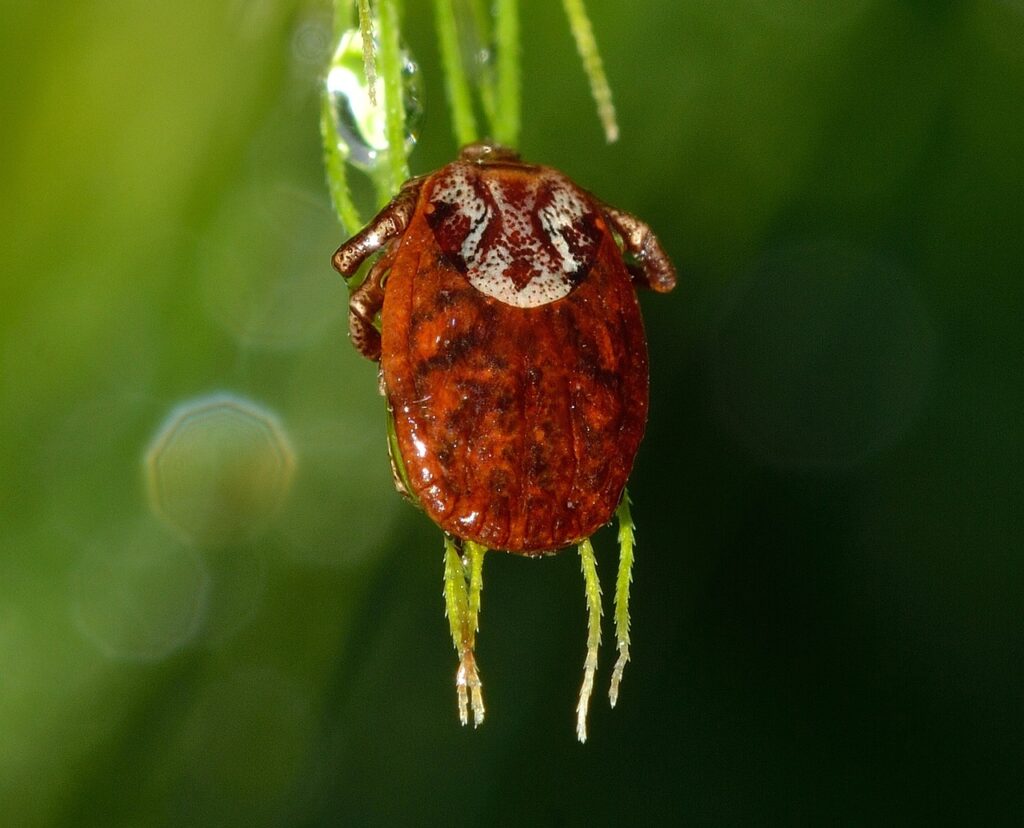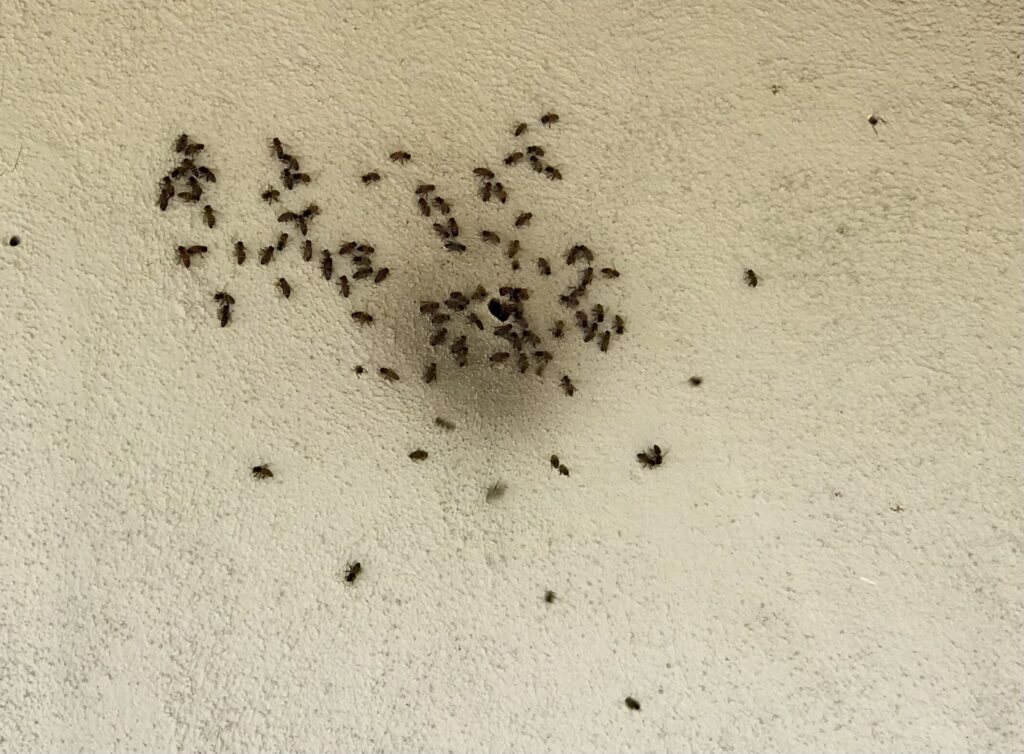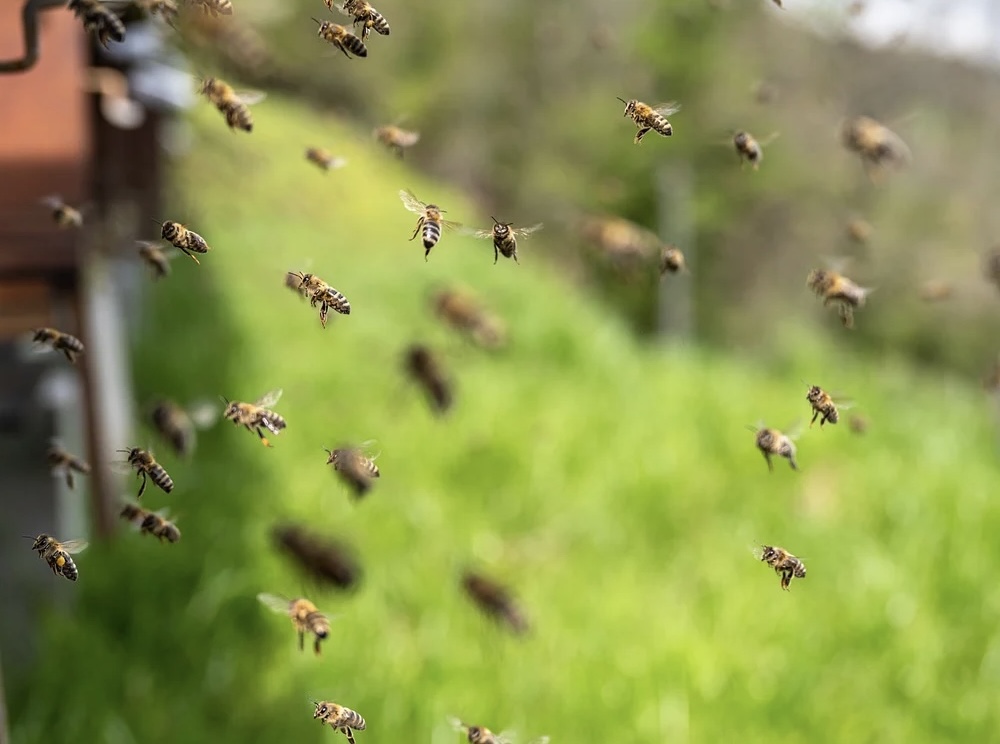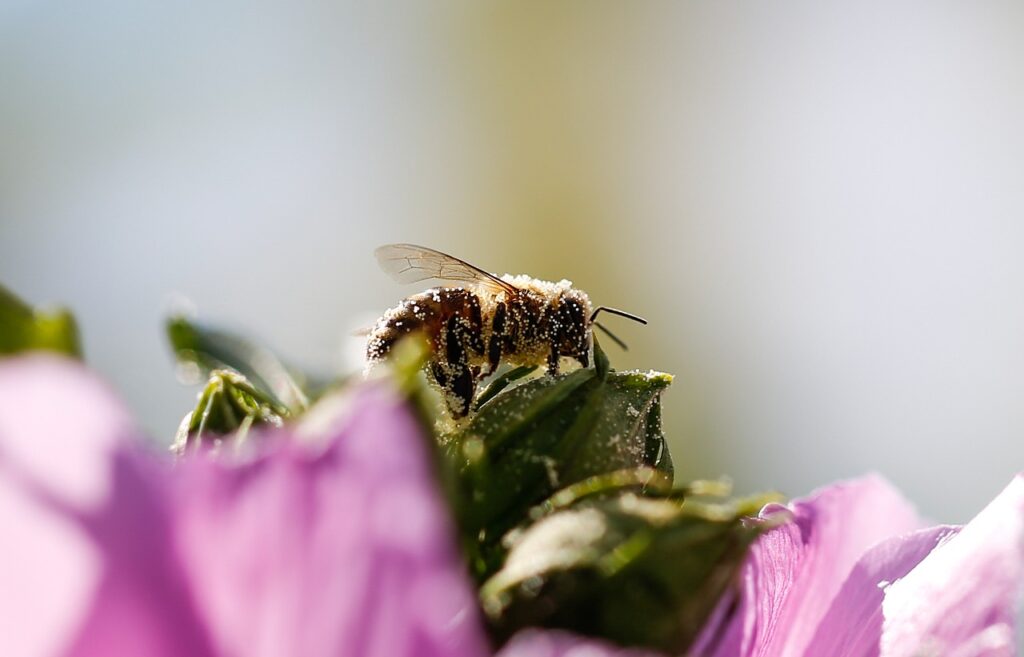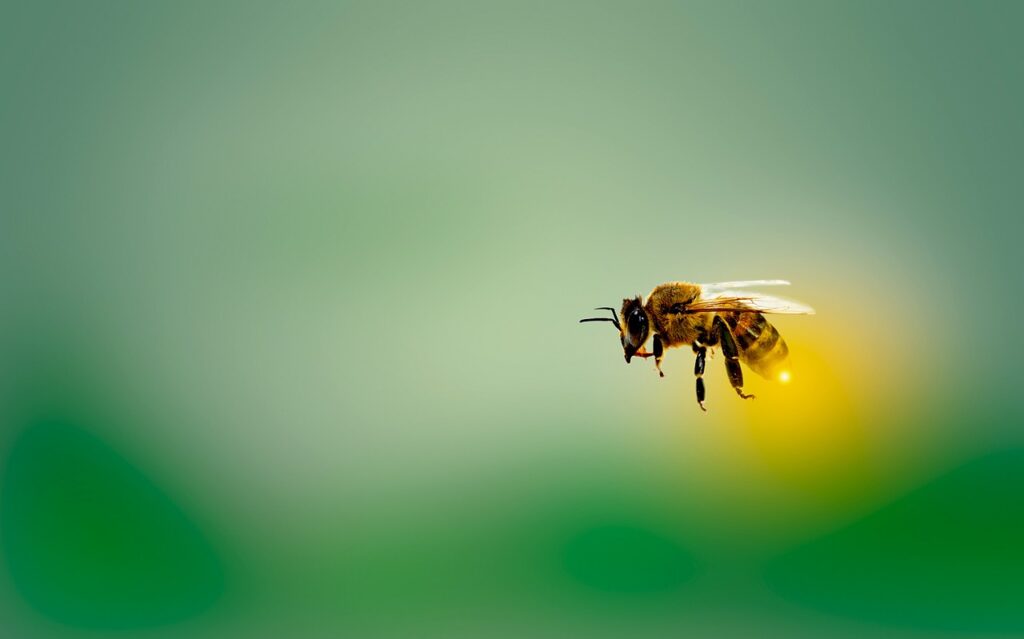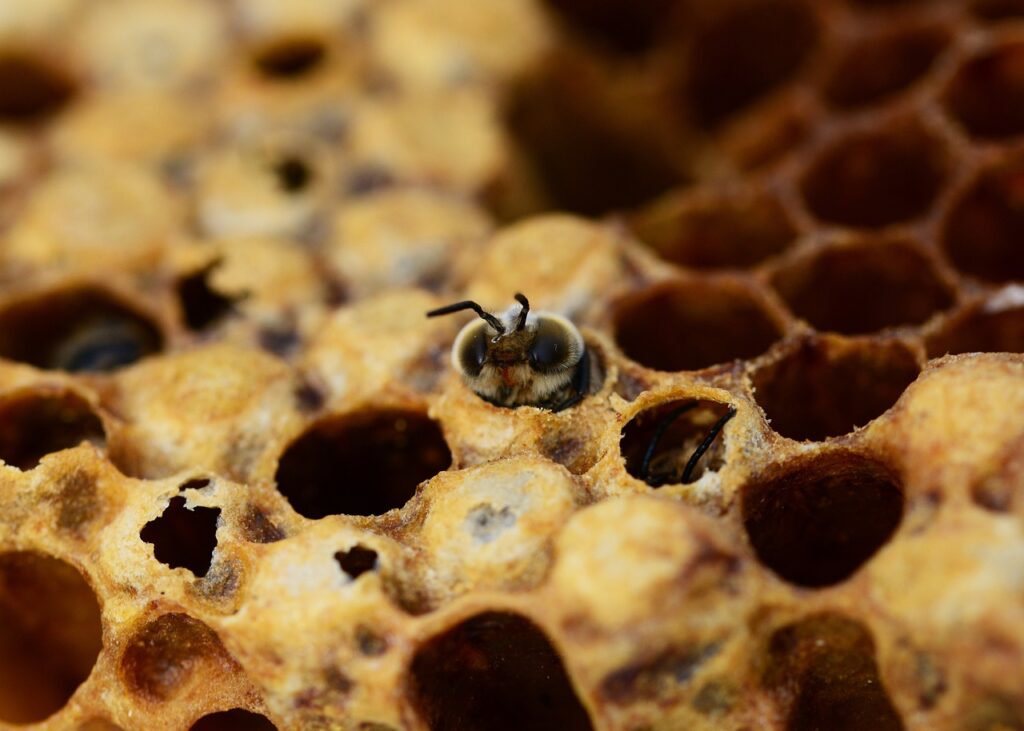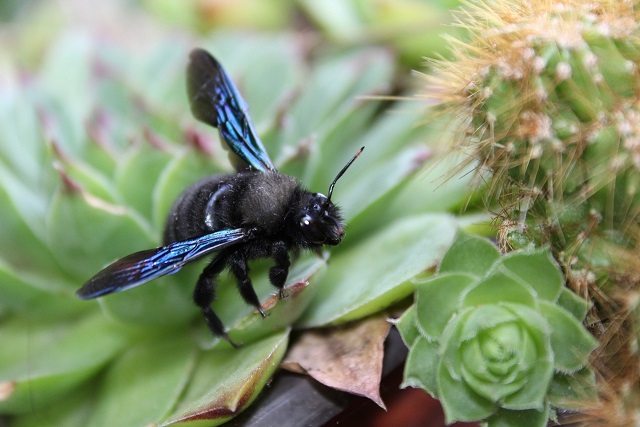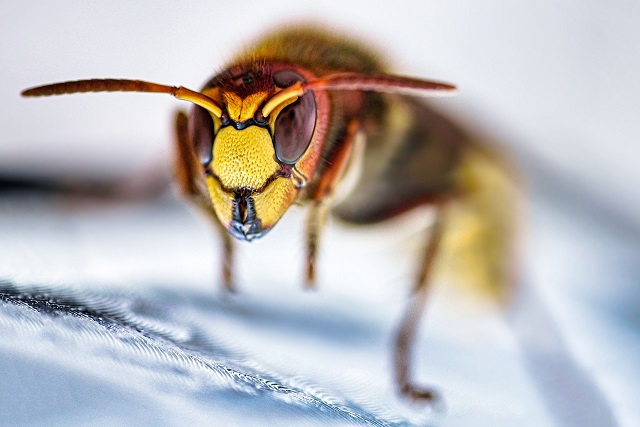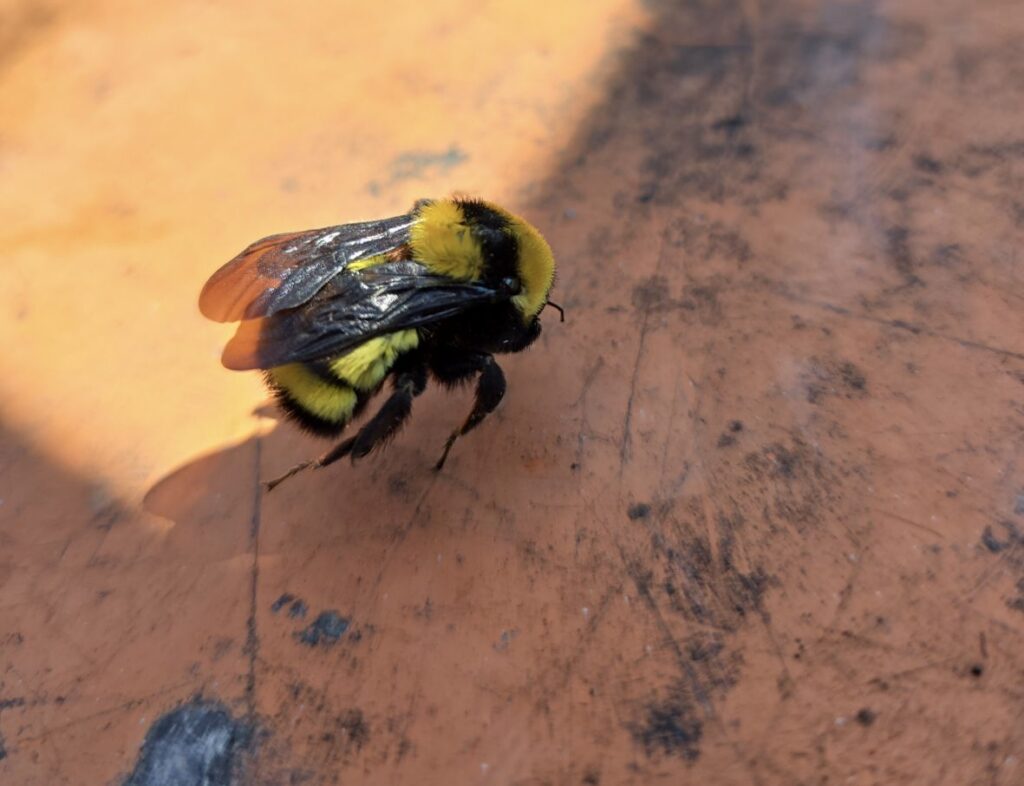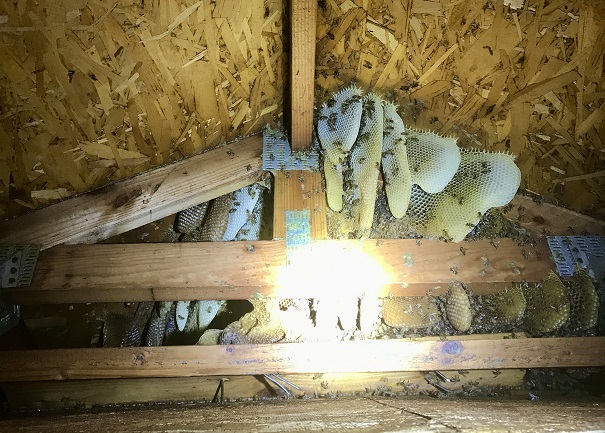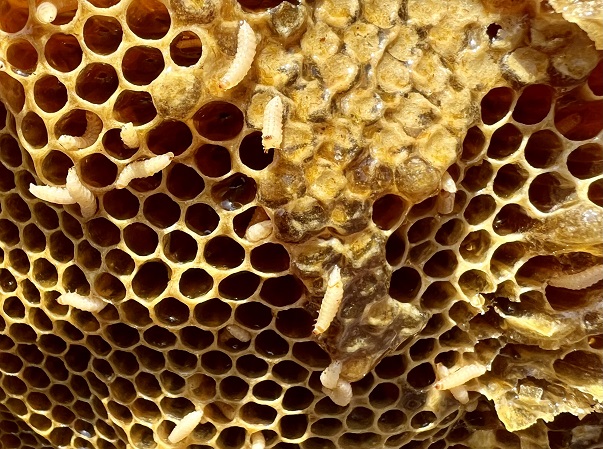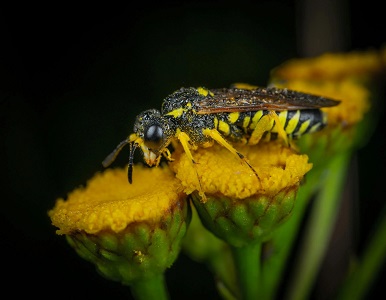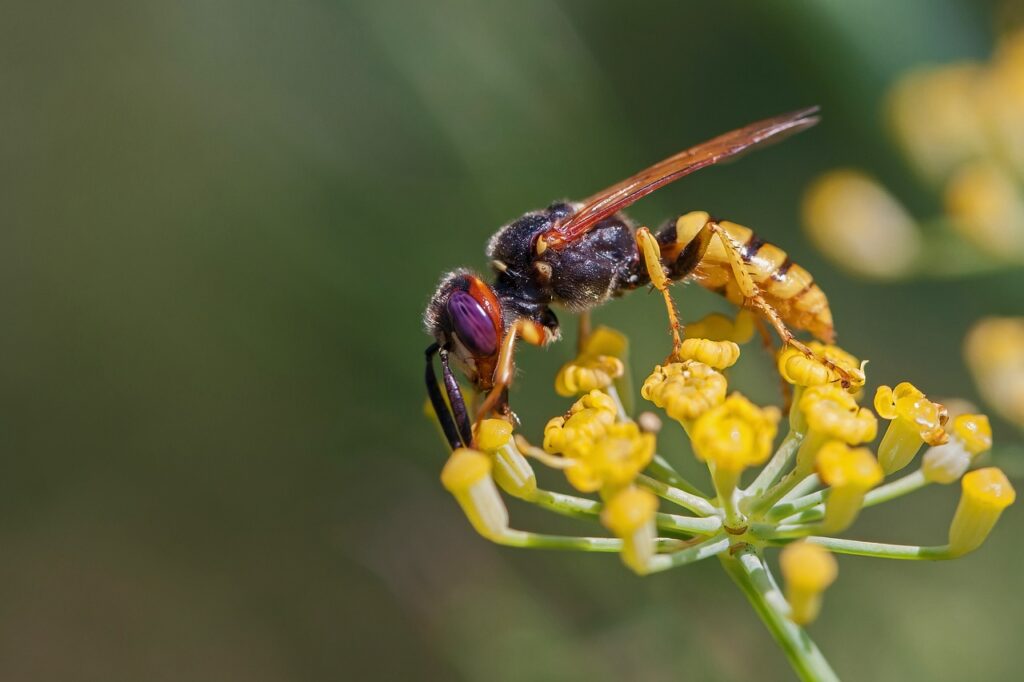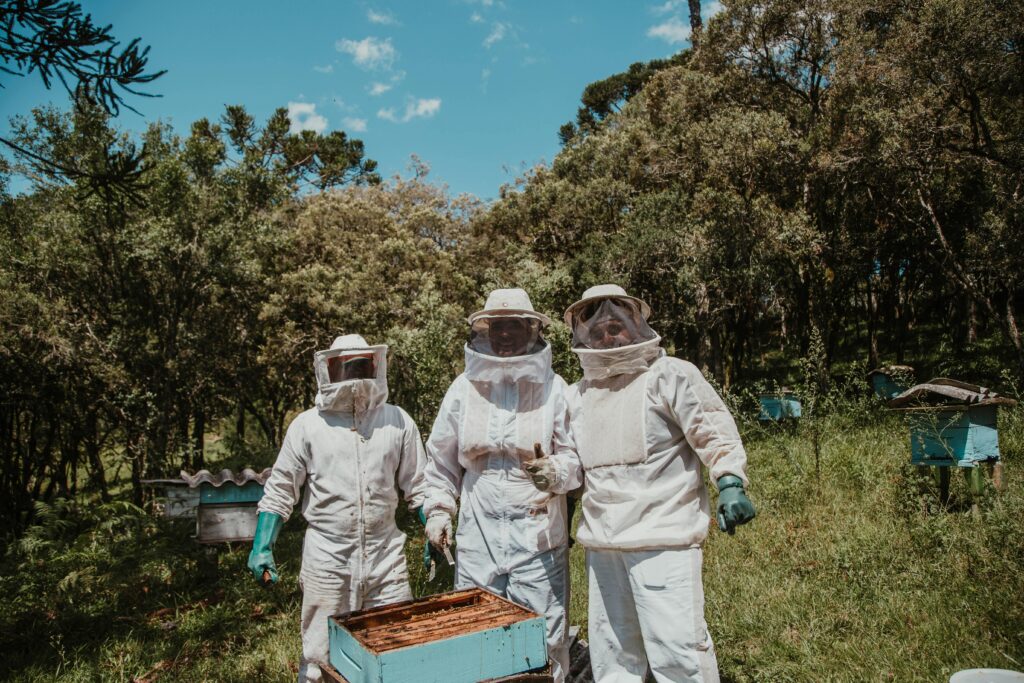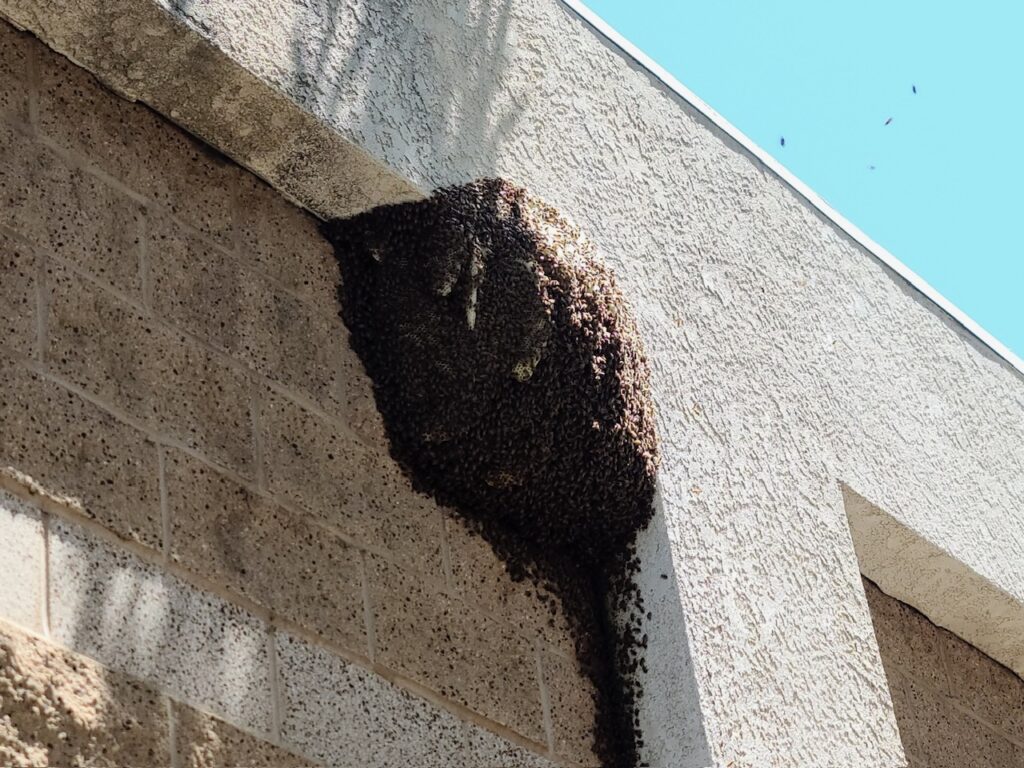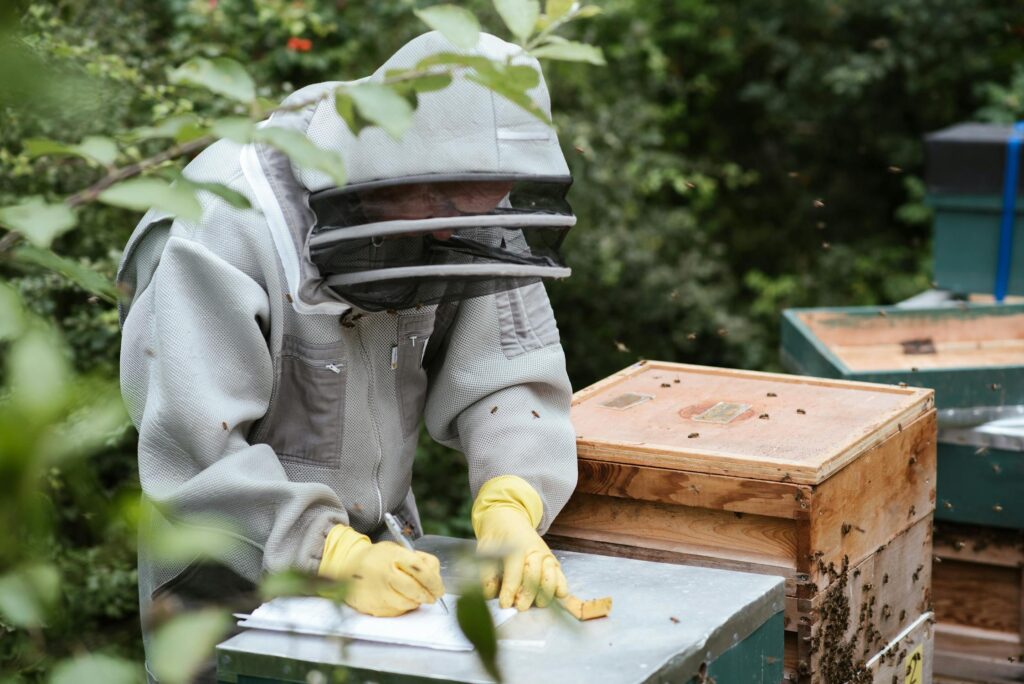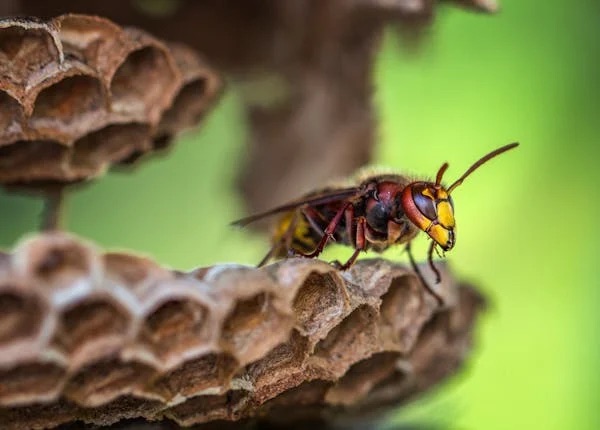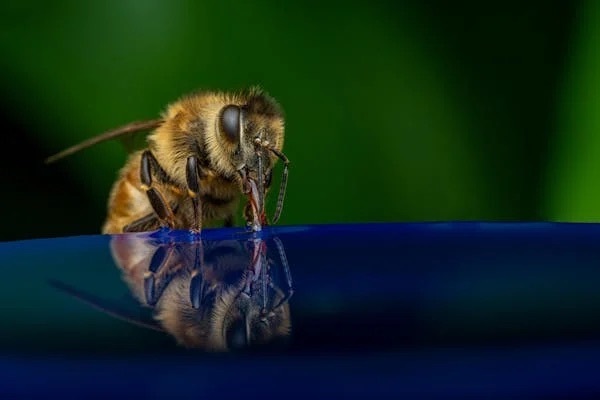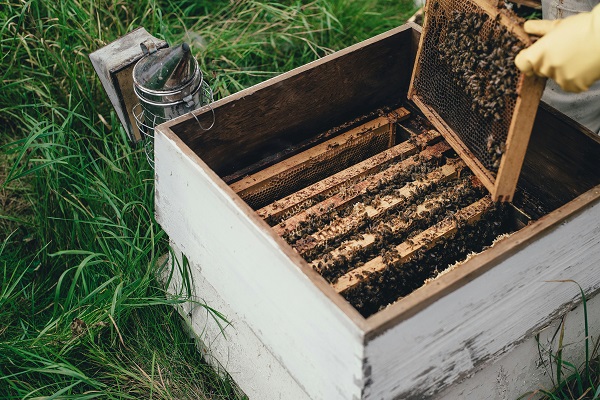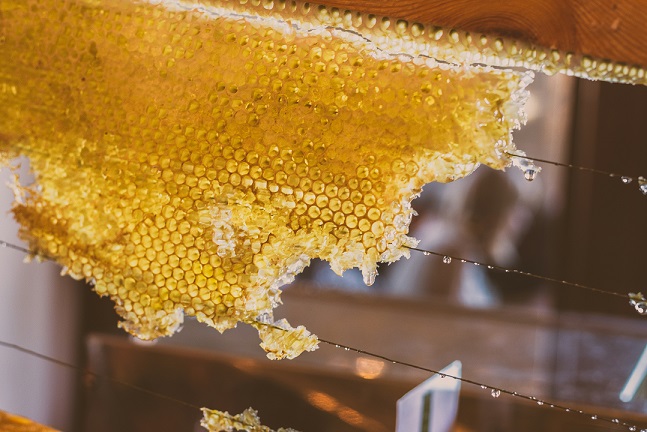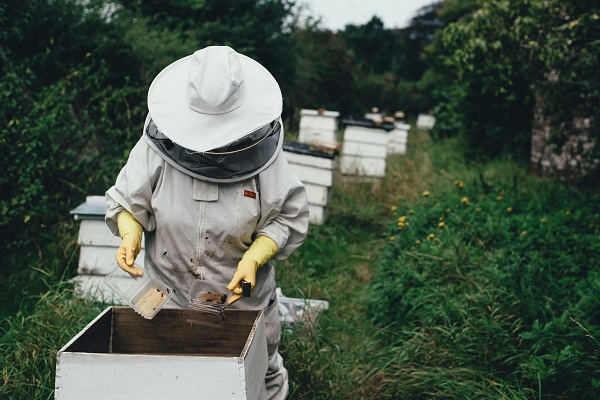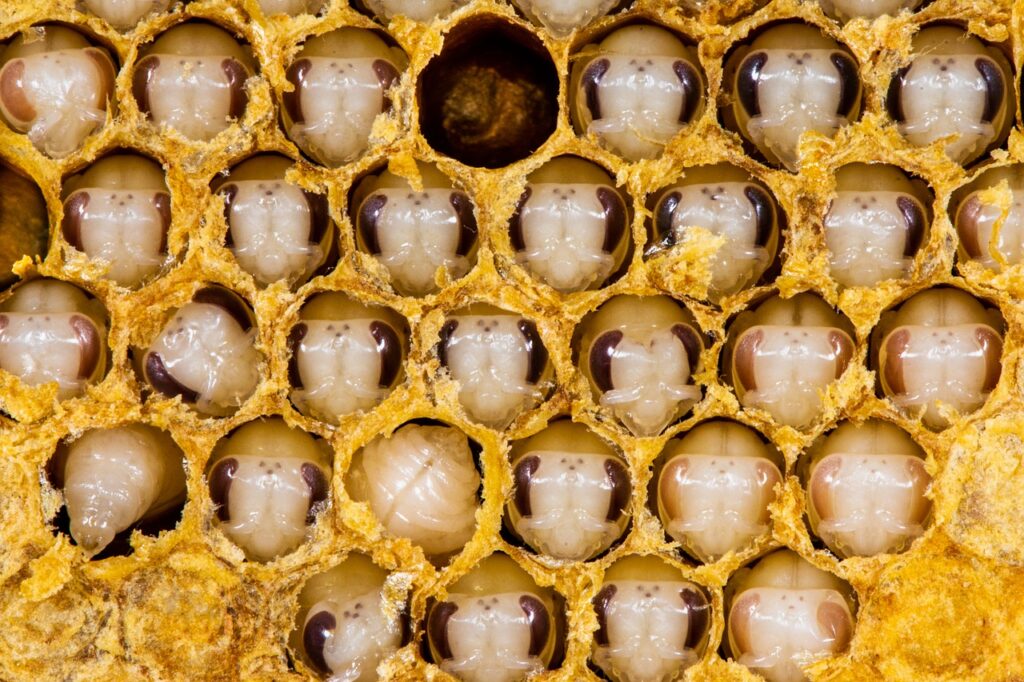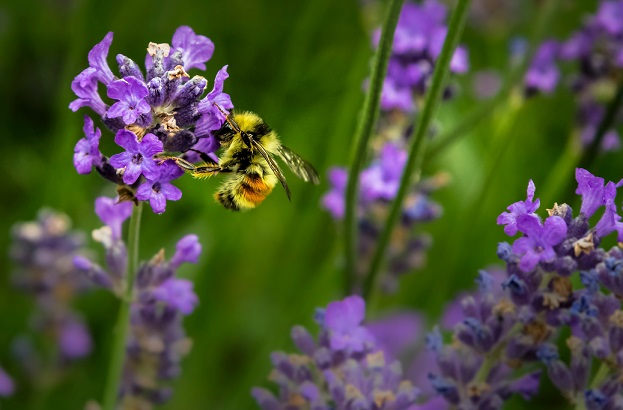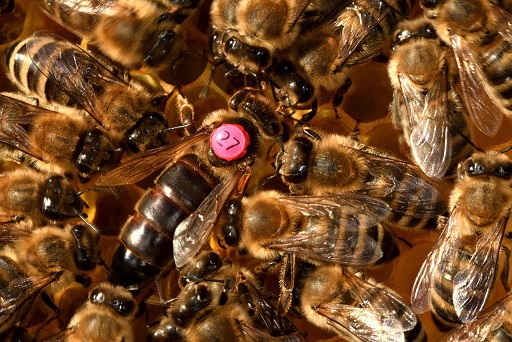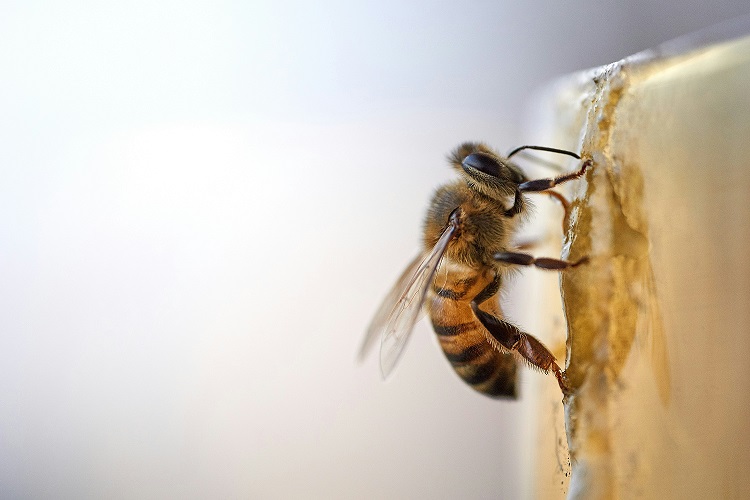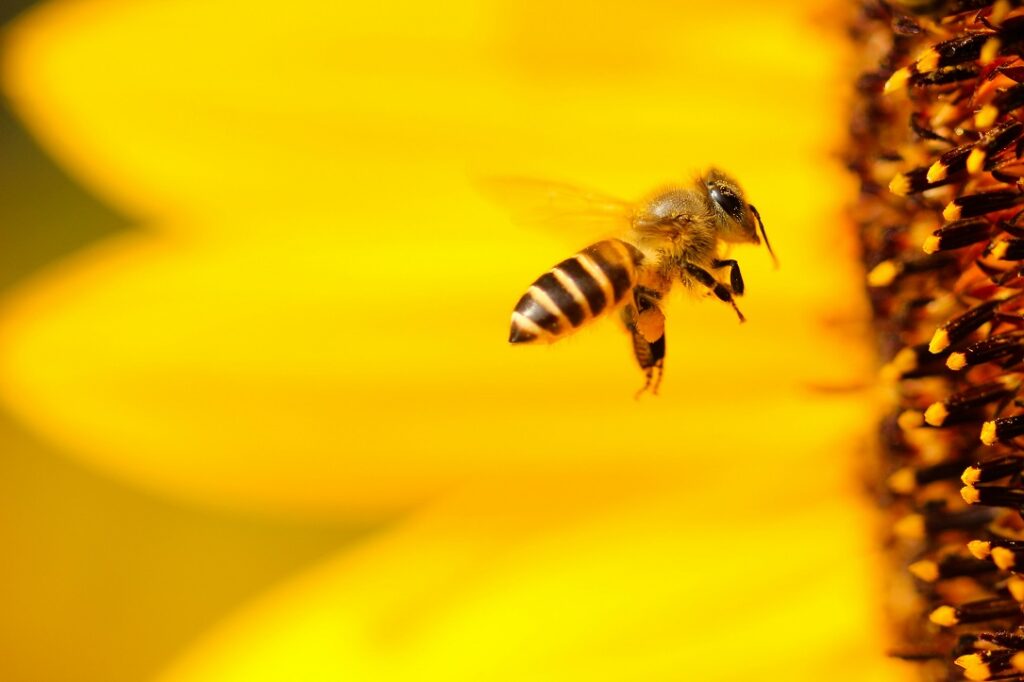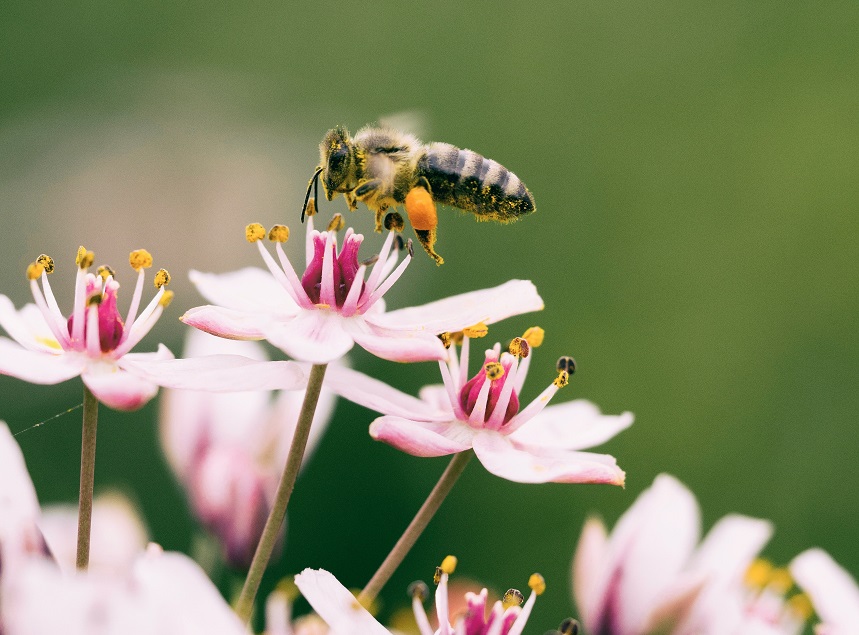Why bees attack
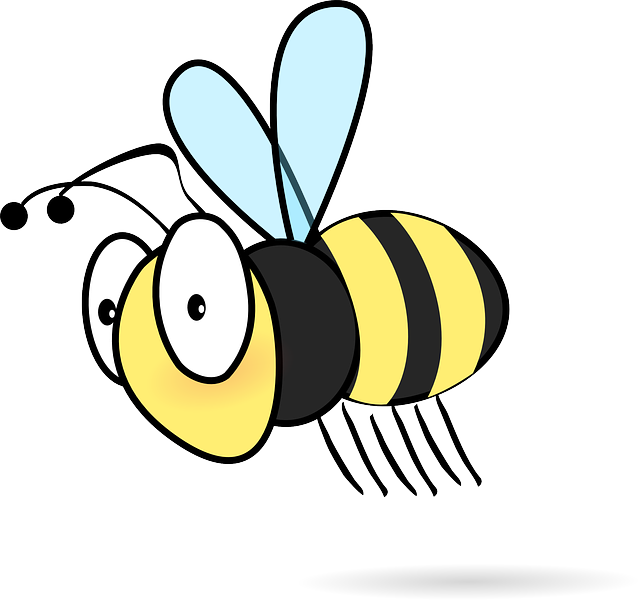


Honey bees, known for their essential role in pollinating plants and producing honey, are generally gentle insects that do not attack humans unprovoked. However, there are several reasons why honey bees may exhibit defensive behavior and sting when they feel threatened. One of the common triggers for honey bee attacks is when people accidentally step on dead bees.
When a honey bee dies, it releases a pheromone known as an alarm pheromone. This alarm pheromone signals danger to the other bees in the hive, alerting them to a potential threat. If a person unknowingly steps on a dead bee and crushes it, the released alarm pheromone can provoke nearby bees to interpret the situation as an attack on the hive. This can lead to a defensive response from the bees, resulting in stinging behavior towards the perceived threat.
In addition to stepping on dead bees, loud vibrations or mechanical noises can also trigger honey bees to become defensive and potentially attack. Honey bees have sensitive sensory organs that can detect vibrations and sound waves. When they perceive sudden and loud noises or vibrations as a threat, it can agitate the bees and prompt them to defend their hive. This natural response is ingrained in their instincts as a means of protecting their colony from potential dangers.
Furthermore, honey bees are highly social insects that prioritize the safety of their hive and queen above all else. When they sense any form of disruption or threat to their home, they will mobilize their defense mechanisms to ward off the perceived danger. This defensive behavior is a survival strategy honed through millions of years of evolution, ensuring the colony’s continued existence and well-being.
It is essential for people to be mindful of their interactions with honey bees and take precautions to avoid inadvertently provoking them. Simple actions such as watching where you step, being aware of the presence of bees, and minimizing loud noises or vibrations near their hives can help prevent unnecessary confrontations with these valuable pollinators. By understanding the triggers that can cause honey bees to attack, we can coexist more harmoniously with these remarkable insects and appreciate the vital role they play in our ecosystem.
Honey bees may attack people when they feel threatened or perceive a risk to their hive’s safety. Whether it be stepping on dead bees, generating loud vibrations, or creating mechanical noise, these factors can trigger defensive responses from bees.







